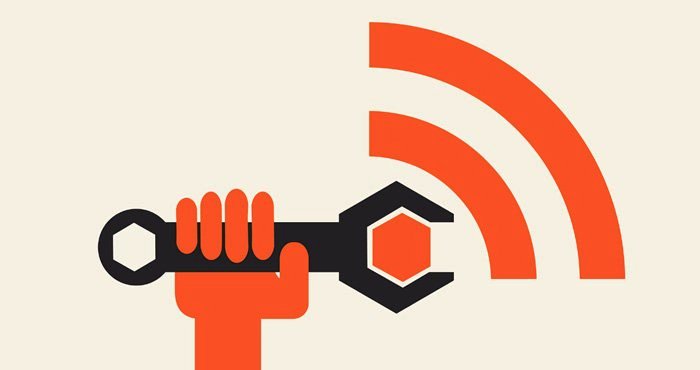Having a strong and reliable internet connection has become a staple for most households. However, it can sometimes be challenging to get a dependable internet service provider who can deliver impressive WiFi services. According to Kevin Wood from Xtrium, streaming services require fast internet speeds of up to 25 Mbps.
WiFi technology has been improving rapidly in the last few decades. The advent of Ultra High Definition 4K videos and encoded files carrying tons of data has increased our appetite for fast broadband speeds. In this article, we’ll discuss how you can discover whether your WiFi connection is fast enough to support streaming services.
Here are 4 Ways to know whether your WiFi is Fast enough for Streaming
-
Check the Bit Rate
Our penchant for streaming services has been growing throughout the years. In the past, consumers were simply content with streaming standard quality videos and music. The introduction of HD streaming services such as Netflix has put pressure on internet service providers to up their games. High-quality 1080p and 4K HDR videos require Wi-Fi speeds of up to 8 Mbps and 18 Mbps, respectively. In fact, most streaming services recommend that customers use minimum speeds of 15 – 25 Mbps to stream 4K videos. You can check the speed of your particular internet connection by performing an online internet speed test using platforms such as Speedtest.
-
Figure out the Streaming Services you’ll Use
If you frequently stream live videos on Facebook Live and similar services, then it’s only natural to utilize a lot of bandwidth. The upload speed depends on a variety of factors such as video resolution, frame rate (fps), and encoding techniques used. Different social media platforms utilize different upload bitrates. For instance, streaming videos on Twitch will consume between 2,500 and 4,000 kbps. On the other hand, you’d need a maximum bitrate of 4,000 kbps to stream videos on Facebook Live.
-
Determine the Number of Devices being Connected
Before subscribing to any broadband connection, ask yourself: how many devices will be connected to my Wi-Fi network? Most households can connect as many as ten devices at once. If this is the case for you, then consider getting higher speeds. Using a 5 Mbps Wi-Fi connection to power numerous devices just won’t cut it. Gladly, the new 802.11ax WiFi standard that was recently rolled out provides higher internet speeds, allowing multiple people to use the internet simultaneously. Still, you’d have to purchase an updated router that’s compliant with this WiFi standard.
-
Consider the Reliability of your ISP
As consumers, we expect that our broadband service providers are honest and reliable enough to deliver the speeds they promise. After all, these services don’t come cheap. Some unscrupulous ISPs will promise high internet speeds and reliable services, only for them to fail miserably. Usually, they’re only interested in getting a quick buck without any concern for their clients. Therefore, it’s important to check how reliable and transparent your ISP is by checking its track record. You can inquire about a particular broadband service provider by checking online reviews from trusted review websites or contacting their referrals.

